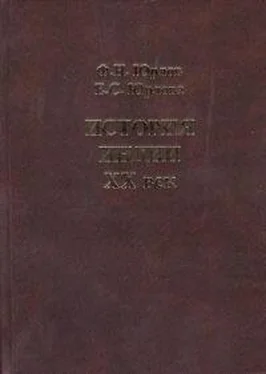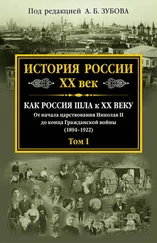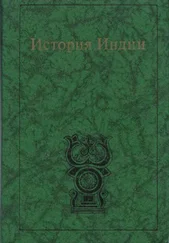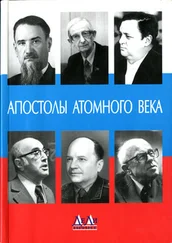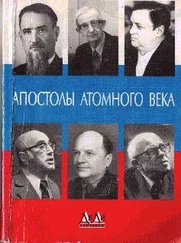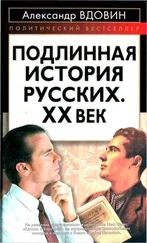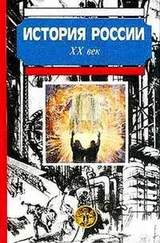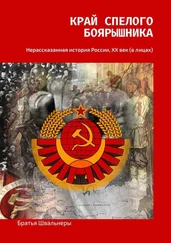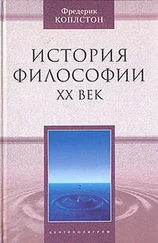Eisenhower Dwight D. The White House Years. A Personal Account. Waging Peace 1956–1961. New York: Doubleday&Co, 1965, p. 546–547.
Kux Dennis. The United States and Pakistan 1947–2000, p. 113.
Letter to Ambassador Ellsworth Bunker from Assistant Secretary G. Lewis Jones, 13 July 1960 // Цит.по: Kux Dennis. Enstranged Democracies, India and the UnitedStates, p. 169.
Задуманная как образец американской высокотехнологичной помощи, АЭС в Тарапуре стала объектом острых американо-индийских противоречий после того, как в 1974 г. Индия произвела взрыв ядерного устройства. США наложили на нее санкции и прекратили поставки обогащенного урана более чем на 30 лет.
Memorandum from Vice-President Johnson to President Kennedy, 23 May 1961 «Mission to Southeast Asia, India and Pakistan» // Kux Dennis. Enstranged Democracies, India and the United States, p. 190.
Kux Dennis. The United States and Pakistan 1947–2000, p. 118.
Memorandum of conversation between President and Ayub, July 11, 1961 // FRUS, 1961–63, vol. 19, p. 74.
Kux Dennis. The United States and Pakistan 1947–2000, p. 123.
Ibid., p. 131; Kux Dennis. Enstranged Democracies, India and the United States, p. 205; о вооруженном конфликте между Китаем и Индией см. Главу 39.
Цит. по: Kux Dennis. Enstranged Democracies, India and the United States, p. 229.
Frontline. May 12–25, 2001.
Ibid.
Hufbauer Gary, Schott Jeffrey, Elliott Kimberly Ann. Economic Sanctions Reconsidered: Supplemental Case Histories. Washington: Institute for International Economics. 1990, р. 324.
Frontline. May 12–25, 2001.
Dutt V.P. India’s Foreign Policy. New Delhi: Vani Educational Books, 1984, р. 55, 56.
Foreign Affairs Record. April 1966, р. 74, 75.
Dutt V.P. Op. cit., р. 61.
Telegram from the Department of State to the Embassy in India /1/ 362. Washington, July 26, 1966 // FRUS, 1964–1968, Volume XXV. South Asia.
Mellor John W., ed. India: A Rising Middle Power. Boulder, Colorado: Westview Press, 1979, р. 1.
Cohen Stephen Philip. India. Emerging Power, р. 274.
Nixon Richard. What the President Saw: A Nation Coming Into its Own // Time. 29 July, 1985, р. 27.
The Statesman. 04.01.1978.
Horn R. Op. cit., p. 157.
Cohen Stephen Philip. India. Emerging Power, р. 1.
Talbott Strobe. Engaging India. Diplomacy, Democracy and the Bomb. Washington, D.C.: Brookings Institution Press, 2004, р. 7–9.
Talbott Strobe. Engaging India, p. 6, 7; см. также: Лунев С.И. Индия и США.
Document l. India – US Relations: A Vision for the Twenty-First Century // World Affairs. Vol. 4, April – June 2000, No 2, р. 126.
The Hindu. 20.07.2000.
Mainstream. 17.10.1998, p. 14; Посол США в Индии Честер Боулс еще в начале 1950-х годов писал, что Америка не может рассчитывать на «истинно дружеские индийско-американские отношения до тех пор, пока мы не будем готовы согласиться с правом Индии иметь свою точку зрения». Однако многие американцы настаивали на том, что «тот, кто не с нами, должен быть обязательно против нас». Это приводило к тому, что Америка теряла много потенциальных друзей не только в Индии, но и во всем мире [Bowles Chester. Ambassador’s Report, p. 164; он же: Mission to India. A Search for Alternatives in Asia (To the Memory of Jawaharlal Nehru). New Delhi: B.I. Publications, 1974].
The New York Times. 27.08.2001; см. Главу 41.
The Indian Express. 18.05.2001.
The Times of India. 16.11.2001; Sify news.com/ 17.11.2001.
Interview of India’s External Affairs Minister to Outlook (June 7, 2004) and to India Today (June 14, 2004).
Frontline. Nov. 20 – Dec. 03, 2004.
www.hindu.com/12.18.2000.
Совместное заявление премьер-министра Сингха и президента Обамы // www.whitehouse.gov/the-press-office/joint-statement-between-prime-minister-drsingh-and-president-obama. November 24, 2009/
The Times of India. 26.11.2009.
Kux Dennis. The United States and Pakistan 1947–2000, p. 69.
National Intelligence Estimate, “Prospects for Northern Tier and Consequences”, 22 June 1954 // FRUS, 1952–54, vol. IX, p. 516–20.
SWJN, vol. 3, p. 472, 503.
Письмо Неру к Паниккару, 12 ноября 1953 г. // Гопал С. Указ. соч., т. 2, с. 177.
Hoffman Steven A. India and the China Crisis. Berkeley: University of California Press, 1990, p. 97–98. После индийско-китайской войны 1962 г. в США рассматривалась возможность использования ядерного оружия в случае, если Китай во второй раз начнет войну против Индии. Это нашло отражение в рассекреченных американских документах. В беседе президента США Джона Кеннеди с министром обороны Робертом Макнамарой последний сказал: «До того, как мы примем на себя какое-то определенное обязательство защищать Индию против Китая, мы должны признать: чтобы выполнить это обязательство, если произойдет какая-то массивная китайская атака, мы должны будем использовать ядерное оружие. Любая серьезная атака Китая на любую часть этого региона потребует использования Америкой ядерного оружия, и это предпочтительнее ввода большого количества американских солдат». На это Кеннеди ответил: «Мы должны защитить Индию, и поэтому мы защитим Индию», если она подвергнется нападению [Giridharadas Anand. 63 Tapes Reveal Kennedy and Aids Discussed Nuclear Arms in a China–India Clash // The New York Times. August 26, 2005].
Читать дальше
